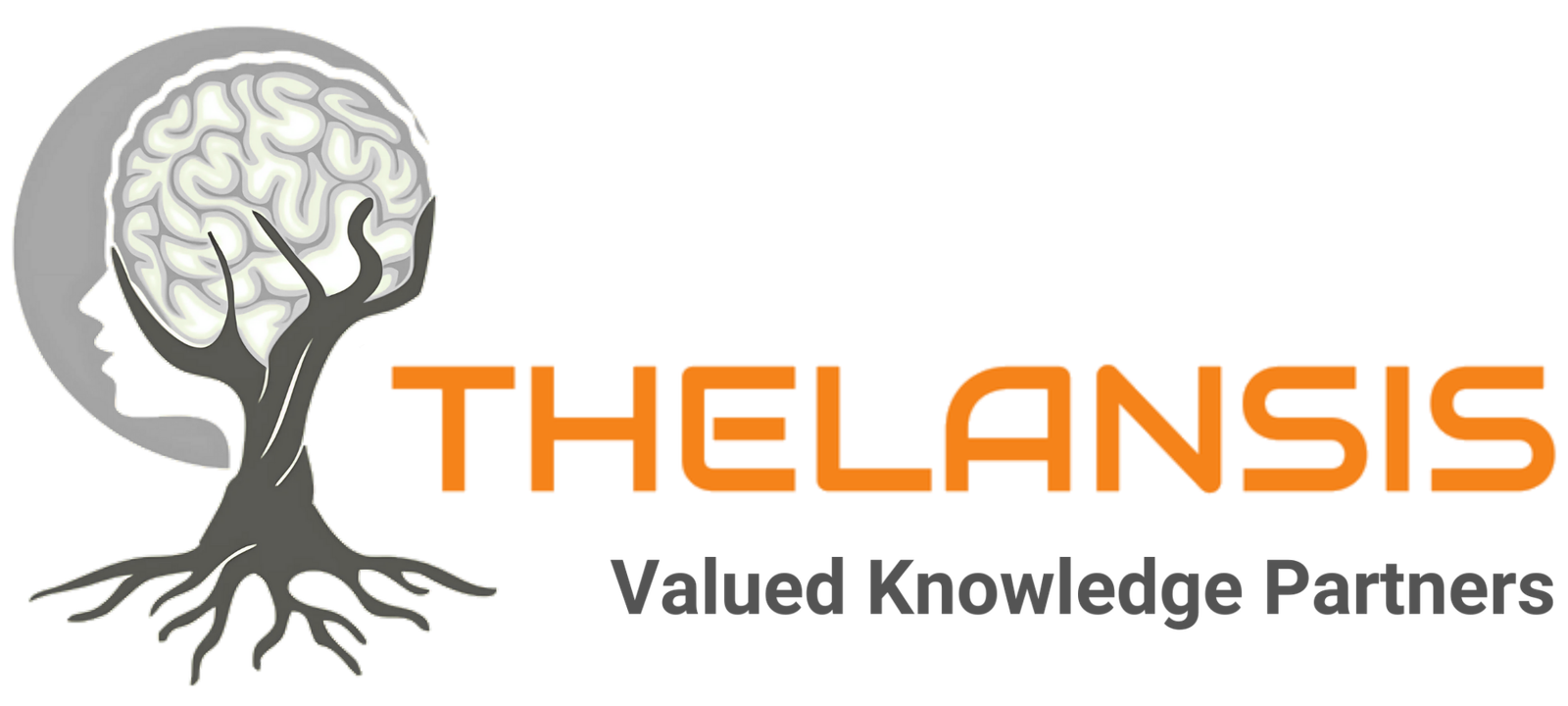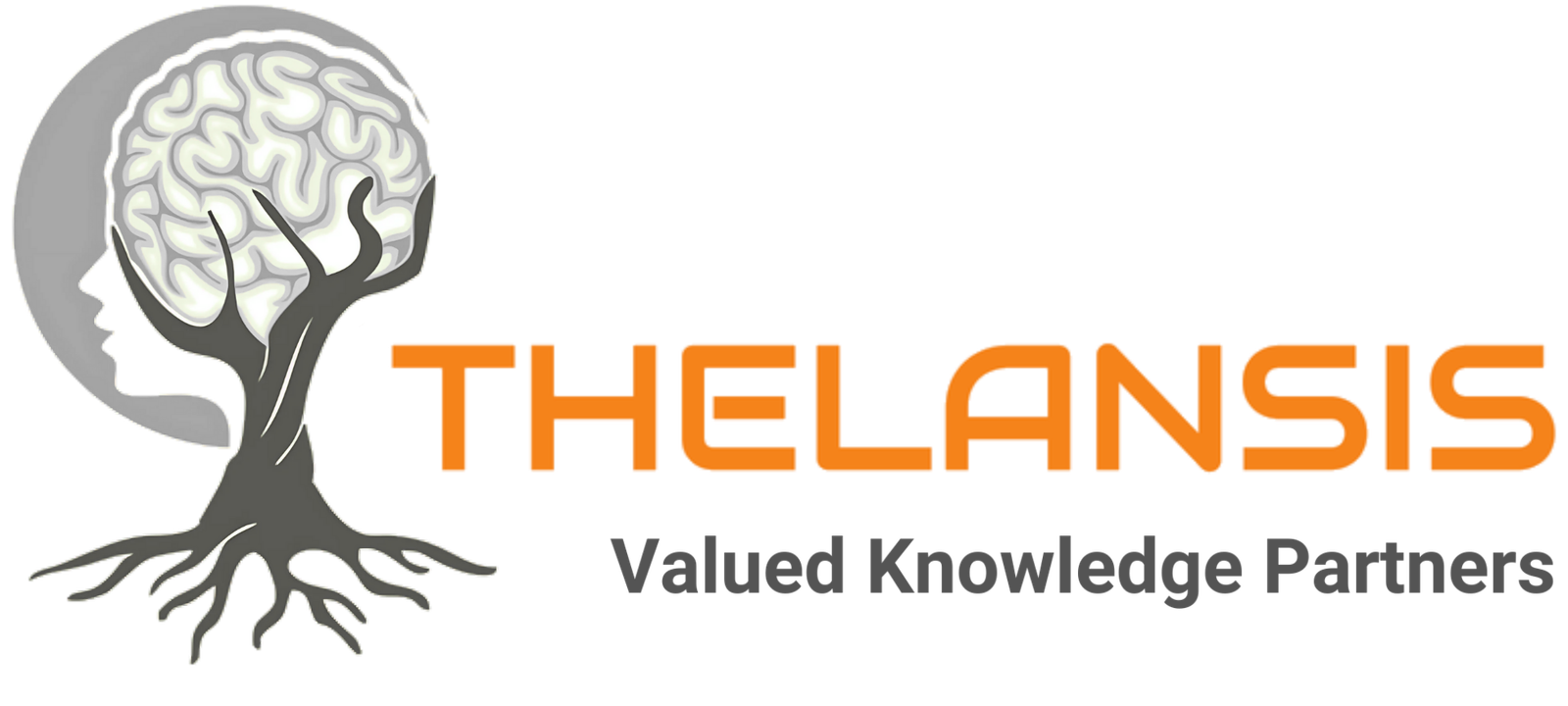
Aug 06 2021
/
Evolution of Immuno Onco
Evolution of I/O targeted therapies and expectations of cancer patients and physicians
Over the past five years, antibodies have become the best-selling drugs in the pharmaceutical market, eight of the top ten bestselling drugs worldwide were biologics. The global therapeutic monoclonal antibody market is expected to generate revenue of $300 billion by 2025.
Immunotherapy is a promising cancer therapy where the immune system is manipulated to attack cancer cells. It has hinted at better patient survival and quality of life compared to the other methods. The effectiveness of immunotherapy has been known from as early as the 19th century when, William Coley, MD used a concoction of inactivated bacteria (popularly known as Coley’s toxin) to infect the tumor area resulting in remission of the tumor. Yet, there was insufficient understanding of the mechanism. It was nearly half a century later that concepts of immune system response shed light on the potential of cancer immunotherapy. Cancer immunotherapy has been a game-changer in cancer treatment since the approval of the immune checkpoint inhibitor (ICI) ipilimumab in 2011. Currently, 11 immune checkpoint inhibitors (Table 1) and 2 chimeric antigen receptor T cell (CAR-T) products have been approved in treating 16 types of malignant diseases and 1 tissue-agnostic indication.
The cancer cells have the ability to trick the immune system via genetic and surface protein mutations thereby, camouflaging themselves as normal cells. Therefore, external agents that manipulate the immune system to differentiate between normal and abnormal cells are of utmost importance and form the core idea of cancer immunotherapy. These agents are classified as follows:
(i) Immune checkpoint inhibitors:
In the case of cancer, immune checkpoint proteins are an intrinsic mechanism of the immune system to avoid the destruction of abnormal cells. Here, the surface proteins on immune cells bind to those on adjacent cells thereby, ceasing the attack on the tumor. The well-studied examples of such interaction are (i) PD-1 protein (on immune cells) and PD-L1 protein (on cancer cells) and (ii) CTLA-4 (on immune T-cells) and B7 protein (on cancer cells) interaction. Here, the idea is that the addition of checkpoint inhibitors will dispatch the immune cells towards the cancer cells and neutralize them.
(ii) T-cell (type of immune cell) transfer therapy
T-cell transfer therapy is the procedure where the T-cells (extracted from the blood) are treated and modified ex-vivo and subsequently injected back into the body. The approved types of this therapy are (i) CAR T-cell therapy, where the T-cells are modified to express CAR protein that has high specificity towards cancer cells. (ii) Tumour-infiltrating lymphocyte (TIL) therapy, where the cells penetrating tumors are extracted and multiplied to increase the attack rate of the tumor.
(iii) Monoclonal antibodies (mAbs)
Monoclonal antibodies are proteins synthesized in the lab that bind with the antigen present on cancer cells to make them visible to the immune cells. The studies look at antibodies binding to CD-19, CD-20, or CD-30 antigens present on B-cells (type of immune cells) or CD-3, CD-52 antigen present on T-cells.
(iv) Non-specific immune stimulation
Non-specific immune stimulation works by stimulating the overall immune system. Immune system modulators include cytokines such as (a) Interferons- INF-α activates the natural killer cells and dendritic cells, (b) Interleukins- IL-2 enhances the growth of T-cells and natural killer cells.
Despite the potential efficiency of this method, the results of immunotherapy are often unpredictable. It has shown tremendous improvement in a select few types of cancer; however, treatment may differ depending on cancer type/stage, patient’s medical/treatment history, tumor morphology, genetic mutations, etc.
Being the most aggressive therapy area to conquer the battle against cancer, there are many unmet needs to be addressed quickly. In line with the same here we have comments from, Dr. Heather Wakelee, MD, associate professor of medicine, Stanford University Medical Center, who highlighted few unmet needs for immunotherapy in the treatment of patients with non—small cell lung cancer (NSCLC) during her discussion. She said….
“To date, checkpoint inhibitors in combination with TKIs have been shown to be very toxic, and even in the absence of toxicity, this approach was not found to be very effective”
“Another area of unmet need is in the patients with underlying autoimmunity as well as those who have had organ transplants. In terms of autoimmunity, the big question to answer is how much investigators are willing to risk a severe flare versus not giving the patient the best available treatment? That’s an ongoing area of research”
Till date, FDA has approved 10 antibodies/drugs to target the various proteins mentioned above. Yet, these were proven effective towards very few types of cancers. For e.g., Durvalumab binding PD-L1 was approved for bladder cancer and non-small cell lung cancer. New research focuses on extrapolating existing drugs to other cancers, searching for more cancer biomarkers and novel targeted drugs. Currently, there are 3300+ clinical trials underway across the globe to study these factors. There has been a 233% growth that can be seen in immunonco pipeline in 2020 when compared with 2017.
Source-Thelansis Knowl
Future perspective of IO therapy
With the advent of mRNA technology during the Covid-19 pandemic, biotech industry giants such as Moderna, BioNTech, CureVac, etc. are researching its use in cancer immunotherapy. Furthermore, AstraZeneca is developing immunotherapy as a ‘first line of defense’ treatment strategy.
Additionally, startups/labs (e.g., Oncorus, KaliVir Immunotherapeutics, etc.) are exploiting the use of oncolytic virus to combat cancer cells. Another research trend in immunotherapy is the shift to targeted drug delivery from techniques such as intravenous, oral, or transdermal procedures. Nanomaterials embedded with drugs and external mechanical stimuli driven targeted drug delivery are also in early-stage trials.
Immunotherapy can enhance treatment outcomes if given early (as neoadjuvant treatment), synergistically (adjuvant setting), or as consolidation. Many studies are presently evaluating the effectiveness of this approach.
As more novel therapy techniques drop into the market, confusion pertaining to treatment reliability is apparent. We, at Thelansis, contribute to this emerging field by researching epidemiology, collating critical insights from real-world data evidence, identifying key opinion leaders, and forecasting the trends in the future. Previously, our comprehensive report on PD-1/PD-L1 evolution gave a deep insight into the market’s competitive landscape, current clinical trial and treatment assessment, and market analysis/payers’ perspective for Non-Small Cell Lung Cancer (NSCLC), Squamous cell carcinoma of the head and neck (SCCHN), Bladder Cancer (BC), Hepatocellular carcinoma (HCC), Gastric Cancer, Colorectal Cancer, and Other cancer types, Melanoma, PMBCL, urothelial carcinoma, microsatellite instability-high cancer, and endometrial carcinoma. We also identified key opinion leaders across 8 countries. Similar to the aforementioned report, we are capable of predicting Market insight, Payers insight, Pipeline, and marketed product access, KOL and unmet need analysis, company profiling, and treatment insight reports for the emerging trends as well as gold standards in immunotherapy. Such in-depth market research is essential for all the key stakeholders including patients and physicians to set expectations on the technology.
About Thelansis:
Thelansis is specialized in pharmaceutical market research and market Insight Report Company, published reports across the therapeutic area which includes both rare / ultra-rare and mainstream indication. Over the period of time, we have built a strong repository of 6,000+ Bio-pharma reports which essentially covers Epidemiology study and Market forecasting based on the KOL opinions. Competitive intelligence and track of trial results throughout the phases of development executed by a team of a mix of Scientific and Business backgrounds. As an organization, the major focus is to provide real-world data evidence and market insight to pharmaceutical companies for their decision-making.
Contact Us: Delivery Office:
Bangalore- Embassy TechVillage, Kadabeesanahalli, Bengaluru, India
Gurgaon- Gold Souk Mall, Phase I, Sector 43, Haryana, India
India: +91(124)404-1731
clientsupport@thelansis.com > Sales office:
183 Asylum Street Hartford,
CT-06103, USA
Contact no. +1 (302) 380-3552
m.berg@thelansis.com

